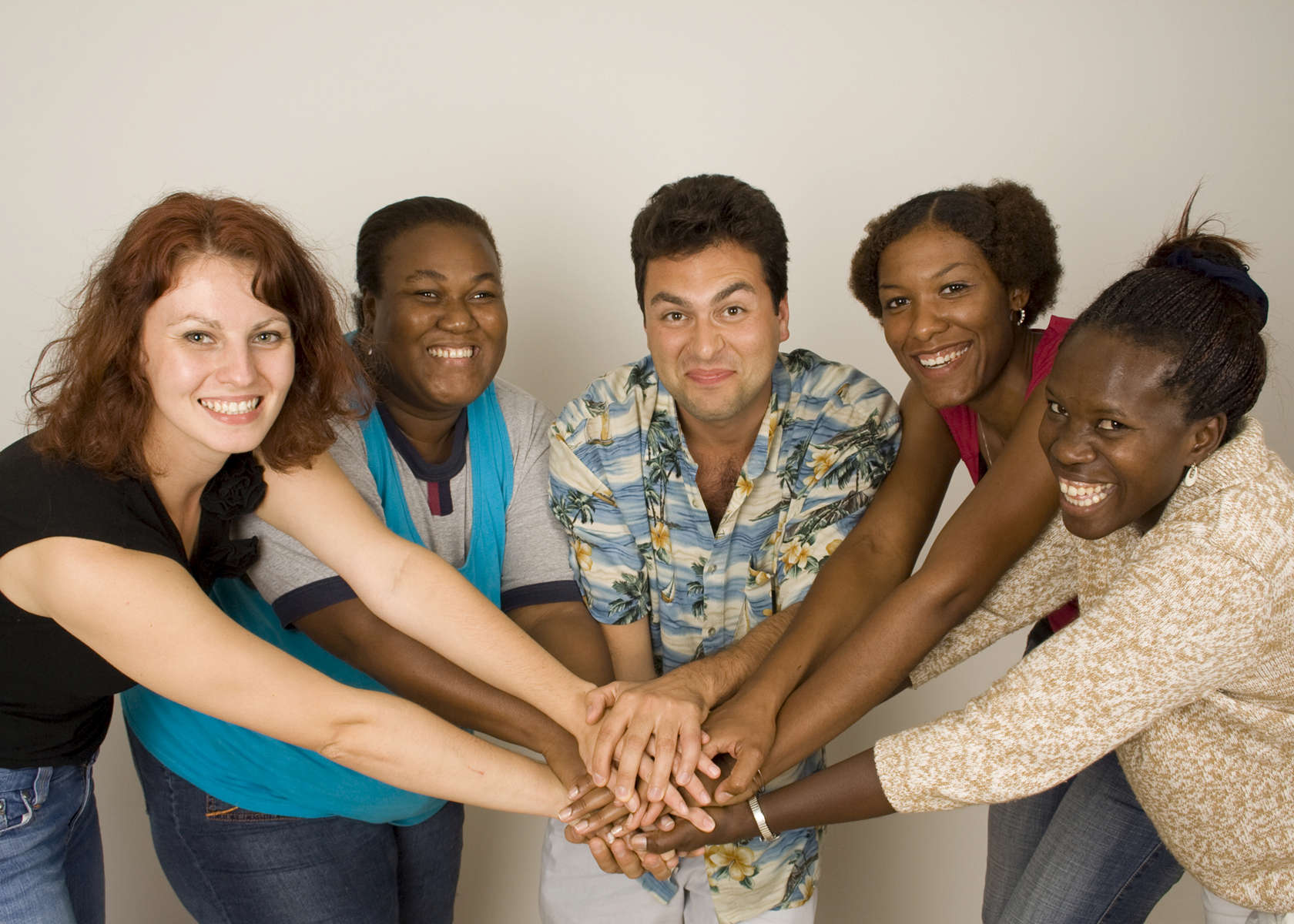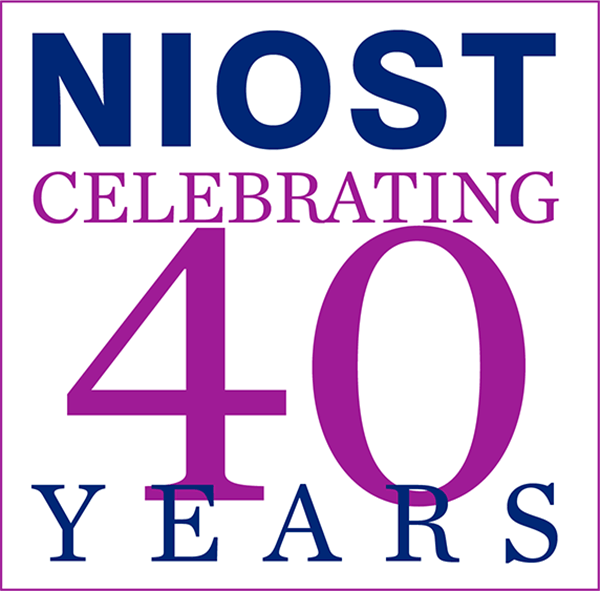Stronger Identity = Stronger Youth Fields Workforce
December 7, 2020
 This blog also appears on The Readiness Projects' Medium page.
This blog also appears on The Readiness Projects' Medium page.
What is the youth field profession and who works in it? Those are challenging questions. All of the following might fall underneath the umbrella of the youth fields: school- and community-based afterschool, summer camps and summer learning programs, residential programs, government-managed parks and recreation programs, creative youth development and sports-based programs, early childhood education and care, youth programs at public libraries and museums, faith-based youth programs, and workforce development. What about youth mental health, juvenile justice, social services, and foster care?
The breadth of titles, work environments, and tasks has made it challenging to establish a concise definition of the youth fields. Often, we have identified sectors based on time of day or setting (like after school hours), thus fostering the notion of different fields rather than unification of these work sectors.
Establishing a clear identity for the youth field could enhance advocacy, participation in funding streams, and worker recognition. We know that identifying characteristics of a profession might include features like specialized knowledge and training, accountability to some set of quality standards, or adherence to a general body of core values. For workers, identifying with a professional field with such features can help to promote self-esteem within the group and lead to greater commitment to the field and colleagues. And yet anecdotally, established practitioners in the field swap stories that go something like, “I didn’t even know I was part of this field until I was in it for a decade.” Is a lack of field identity a common phenomenon among the youth fields workforce?
As part of one of the Forum for Youth Investment’s Readiness Projects, a team of researchers is preparing to conduct a national comprehensive study on the youth fields workforce. As an early part of that effort on the Youth Fields Workforce Survey (a Readiness Project) researchers from the National Institute on Out-of-School Time (NIOST) at Wellesley College interviewed 21 participants in the NIOST National Afterschool Matters Fellowship and the Minnesota NorthStar Youth Worker Fellowship about their experiences as youth workers. Many voiced an experience of uncertainty of their field identity. Workers commented:
“I feel like I have done youth work for a long time, but I never knew it was a field, really, until I got this job…”
“I think when I started to see it as a profession and a field that I was going to continue my professional journey in was when I became a trainer [with this organization] …with their work around supporting out-of-school time professionals, I’m like “oh we’re professionals too” …it took me almost 6 years of being in the field to identify with it as a profession, as my career.”
“I didn’t even know that youth work was a field until I moved…and immediately got plugged into [a city intermediary]. I still kind of struggle with ‘What field is this?’”
Such clarity is significant in recruiting and retaining a strong and stable workforce for the youth field profession. This clarity can:
- lead to increased compensation and wages for the workforce, through stronger advocacy;
- have the potential to impact how the workforce feels about the work they do, contributing to an increased professional identity, and thus prevent loss of potential workers to other better-defined employment fields;
- increase the support and respect of the public.
Understanding more about the range of roles, entry and career pathways, characteristics and commonalities of the youth fields is critical to the ability to advance the profession, starting with the ability to clearly define the work. If we can better understand the commonalities and diversity of these fields and bring forward a clear understanding of the work, we can provide the clarity needed to strengthen the youth fields. The hope is not to unify the field by homogenizing it, but to create more strength by uniting the fields and the workforce in their common goals for youth.
By Elizabeth Starr, M.Ed., NIOST Research Associate and Georgia Hall, Ph.D., NIOST Director and Sr. Research Scientist



